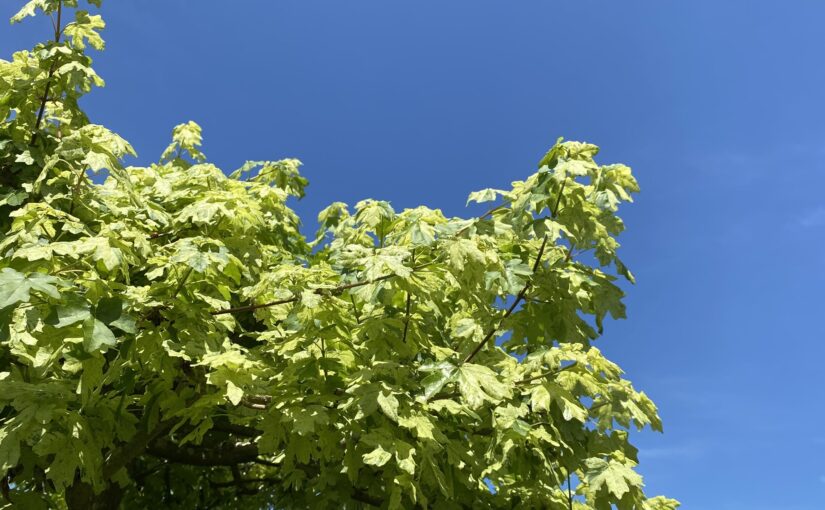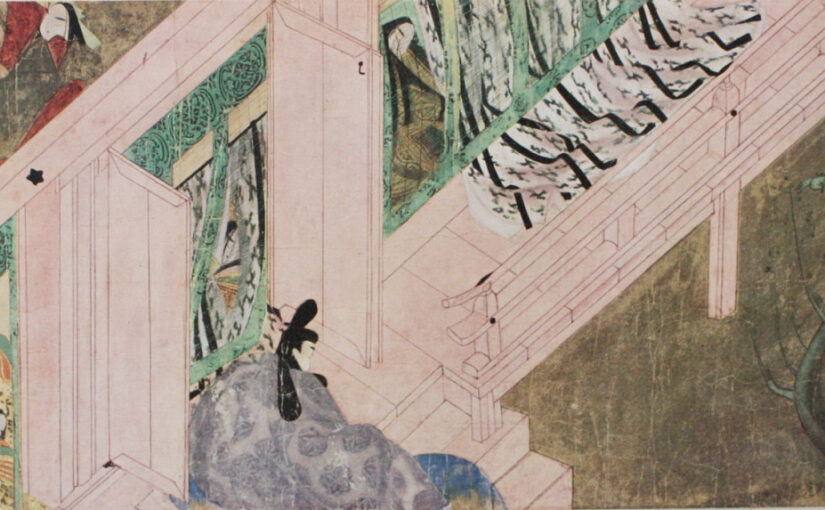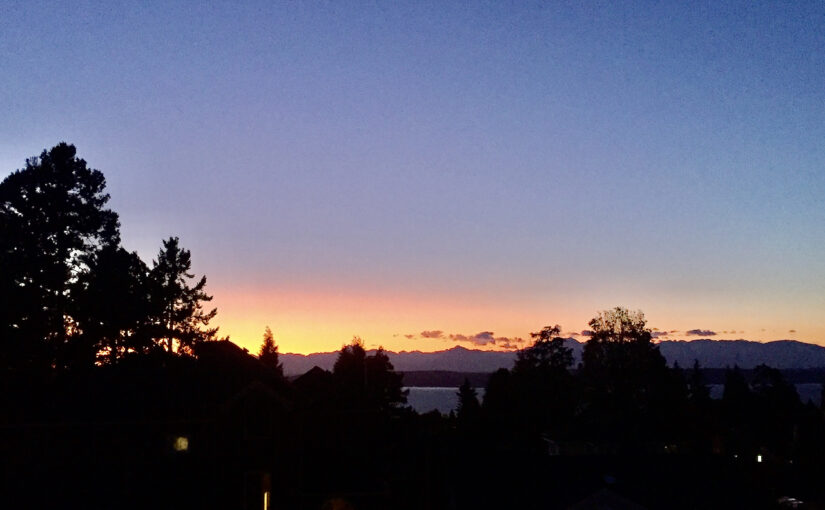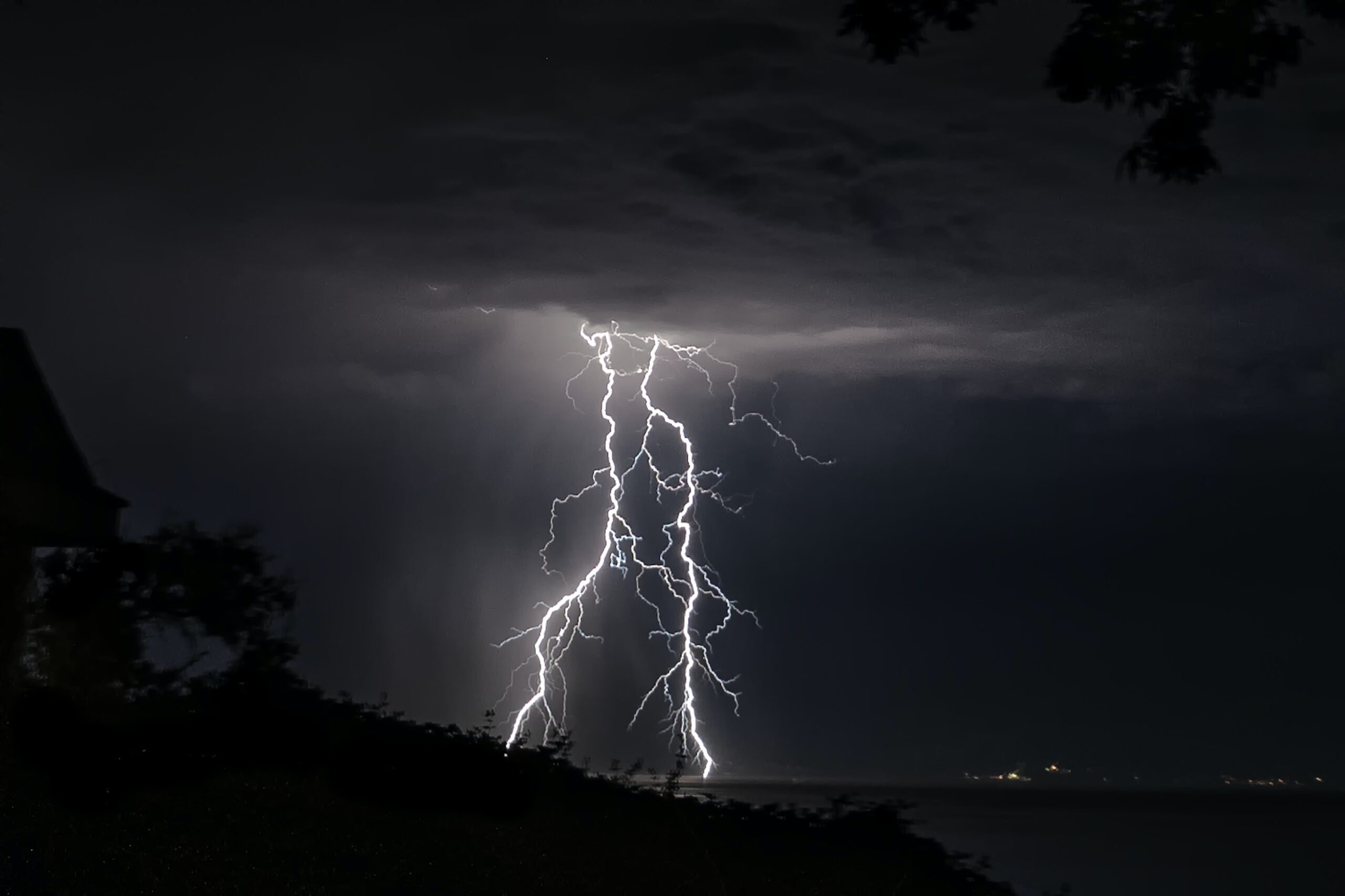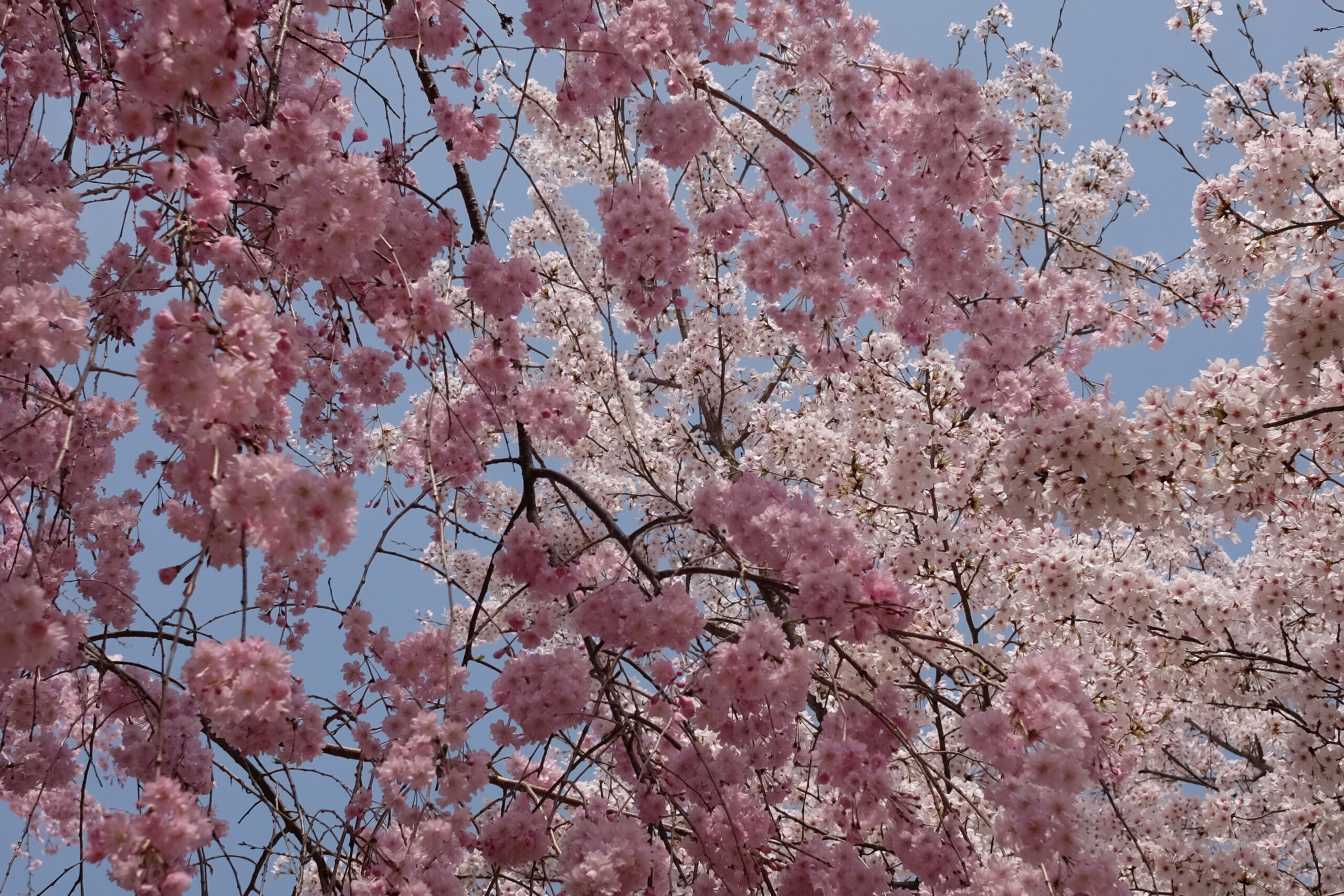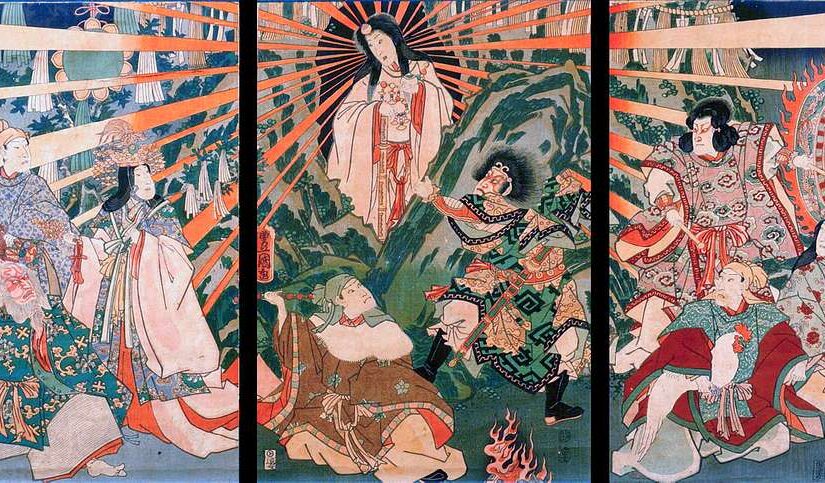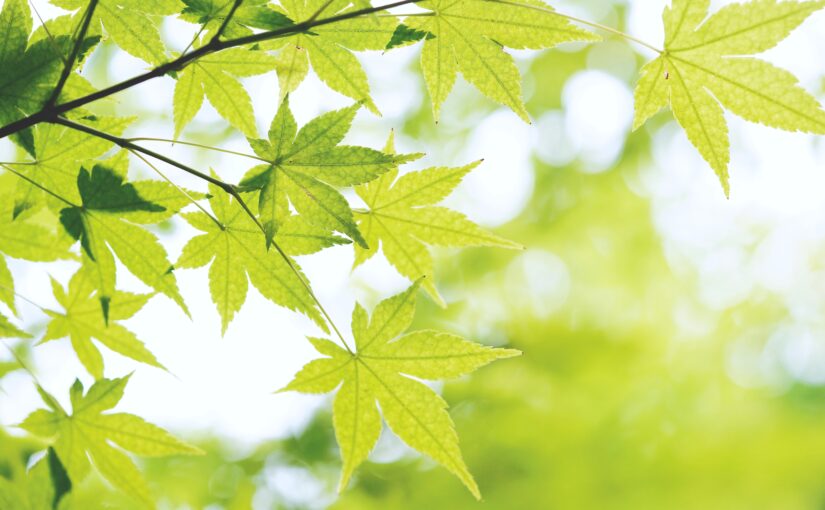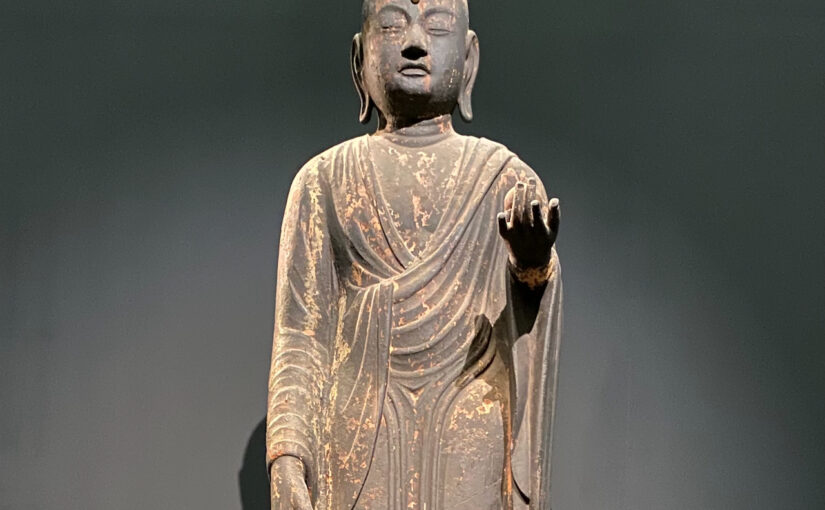Four poems about breeze found in Hyakunin Isshu 百人一首
Summer in Japan is unbearably hot and humid. Now that I’m living in Seattle, where I can enjoy the most comfortable and beautiful summer in the world (in my opinion), I refuse to go back to Japan in the summer.
It is not surprising, therefore, that I found only 5 poems about summer in Hyakunin Isshu 百人一首, a classical Japanese anthology of one hundred waka poems by one hundred poets compiled in the 13th century. In contrast, there are 20 poems about autumn and 9 about spring.
Out of four poems that read about the wind, only one clearly indicates the season, which is summer. Was the cool breeze a rarity in the summer in ancient Japan as well as in the present days?
12/100 僧正遍昭 by Sojo Henjo
あまつ風 Amatsu kaze
雲のかよひ路 Kumo no kayoiji
吹きとぢよ Fuki tojiyo
をとめの姿Otome no sugata
しばしとどめむShibashi todomemu.
The following is the English translation by William N. Porter (1909).
OH stormy winds, bring up the clouds,
And paint the heavens grey;
Lest these fair maids of form divine
Should angel wings display,
And fly far far away.
58/100 大弐三位 by Daini no Sammi
ありま山 Arima yama
ゐなの笹原 Ina no sasawara
風吹けば Kaze fukeba
いでそよ人をIde soyo hito wo
忘れやはするWasure yawa suru.
The following is the English translation by William N. Porter (1909).
As fickle as the mountain gusts
That on the moor I’ve met,
’Twere best to think no more of thee,
And let thee go. But yet
I never can forget.
74/100 源俊頼朝臣by Minamoto no Toshiyori Ason
うかりける Ukari keru
人を初瀬の Hito wo Hatsuse no
山おろし Yama-oroshi
激しかれとは Hageshikare to wa
祈らぬものをInoranu mono wo.
The following is the English translation by William N. Porter (1909).
OH! Kwannon, Patron of this hill,
The maid, for whom I pine,
Is obstinate and wayward, like
The gusts around thy shrine.
What of those prayers of mine?
98/100 従二位 家隆 by Junii Ietaka
風そよぐ Kaze soyogu
ならの小川のNara no ogawa no
夕暮は Yūgure wa
みそぎぞ夏のMisogi zo natsu no
しるしなりけるShirushi nari keru.
The following is the English translation by William N. Porter (1909).
THE twilight dim, the gentle breeze
By Nara’s little stream,
The splash of worshippers who wash
Before the shrine, all seem
A perfect summer’s dream.
